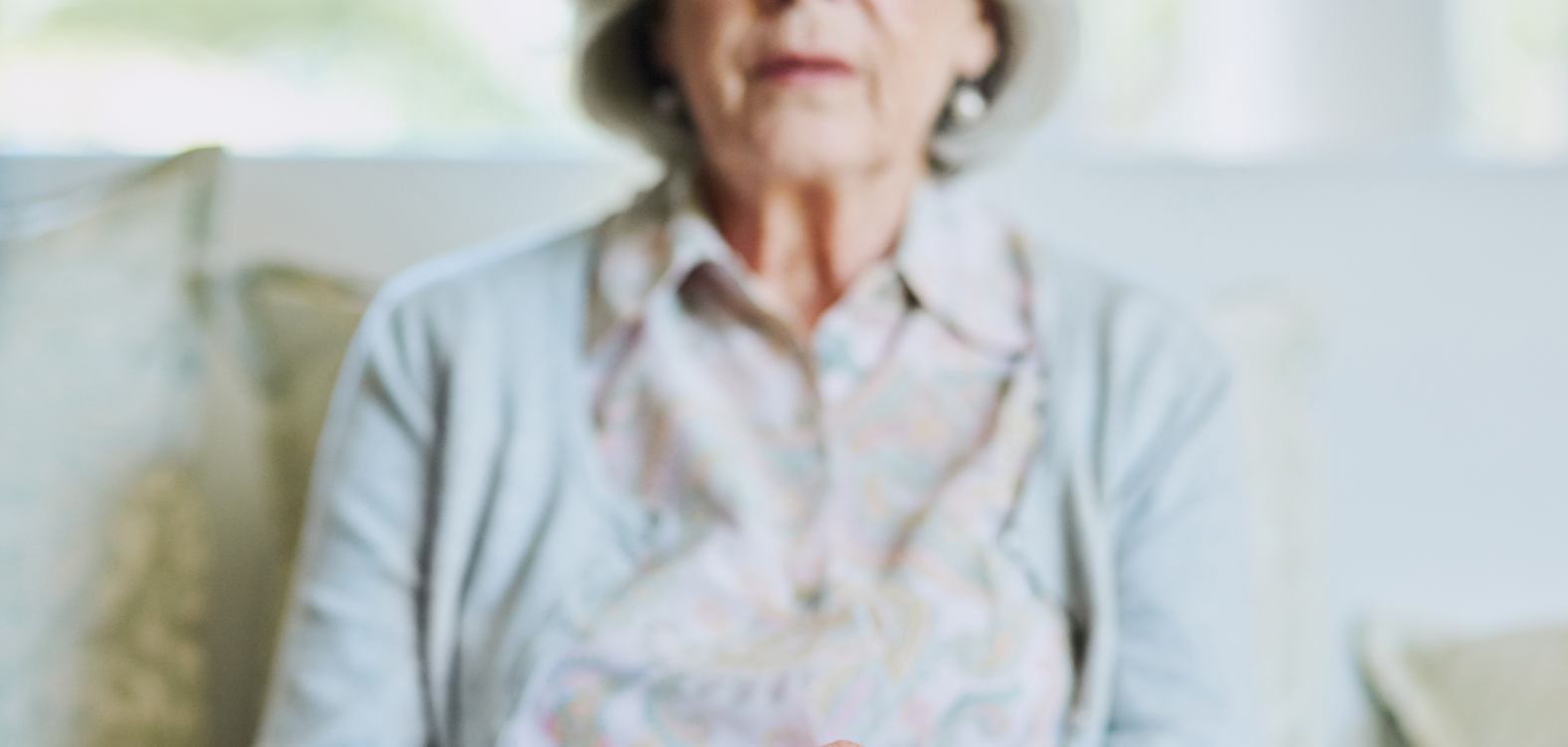
Keep the Holidays Happy
12/21/2022 | Blog | Reading Time 4 Minutes
Helping Our Elders Avoid Seasonal Depression

All of us at Aldersly Retirement Community would like to wish you and your family a Merry Christmas, Happy Hanukkah, and Happy New Year's. I’m Ruth Vosmek, Secretary of the Aldersley Board, though prior to working in my current role as Coordination of Care Service Director at Kaiser Permanente, I was an LCSW (Licensed Clinical Social Worker) with over 25 years as a medical and psychiatric Social Worker. It’s in this capacity that I’d like to discuss seasonal depression, and the difficulties you may be experiencing yourself, or with your family members.
Seasonal depression among the elderly is a common condition and is often referred to as Seasonal Affective Disorder (SAD). This type of depression typically occurs during the fall and winter months, when there is less natural sunlight. Symptoms of SAD in the elderly can include feelings of sadness, fatigue, loss of interest in activities, difficulty concentrating, changes in sleep and appetite, and feelings of hopelessness. Over the past few years, the isolation due to COVID has exacerbated these feelings of loneliness and separation for many at-risk populations.

To help prevent or manage seasonal depression among the elderly, it is important to increase exposure to natural light as much as possible. This can include going outside during the day to get direct sunlight, sitting close to windows to get indirect sunlight, and using full-spectrum bulbs indoors. Exercise is also important to help reduce symptoms of depression, and it is important to ensure that elderly individuals are staying active throughout the year. Other possible treatments for seasonal depression in the elderly include cognitive-behavioral therapy, antidepressant medications, and light therapy. It is important to talk to a healthcare provider to figure out which treatment approach is best for each individual.
Traditionally, the Holidays are rough on those who are already isolated, but as it has with every other aspect of life, Covid-19 has made this worse. We’d like to suggest some strategies that you can do to help others:
1. Reach out to elderly relatives or neighbors to check in on them and see if they need help with anything.
2. Stop by or send them a holiday card to let them know they're not alone.
3. Invite them for a holiday meal or drop them a homemade dish.
4. Schedule a virtual visit using video chat platforms such as Skype or Facetime.
5. Give them a call on the phone to catch up and tell them about your holiday plans.
6. Set up a pen pal program for them to communicate with friends or family.
7. Have a holiday movie night with them and watch a classic holiday film.
8. Offer to run errands for them or help them with tasks around the house.
9. Invite them to join in on holiday activities with your family.
10. Donate to their favorite charity or volunteer at a local nursing home.
Connection to other people is integral in helping to prevent depression, which is why congregate living such as we have at Aldersly is very useful in promoting mental health.
At Aldersly, we like to evoke the Danish concept of “Hygge” throughout our campus. It is a feeling of warmth and contentment, often associated with enjoying the simple things in life. It can be experienced through activities such as gathering with friends or family to share a meal, lighting a candle, enjoying a hot beverage, or spending time outdoors. Hygge can also be described as an atmosphere or feeling that creates a sense of contentment, comfort, and connection. This Holiday, please think about how you can extend these ideals into your orbit. God Jul.
